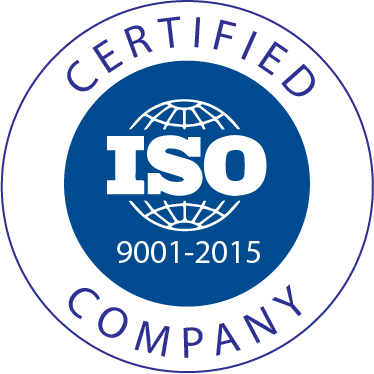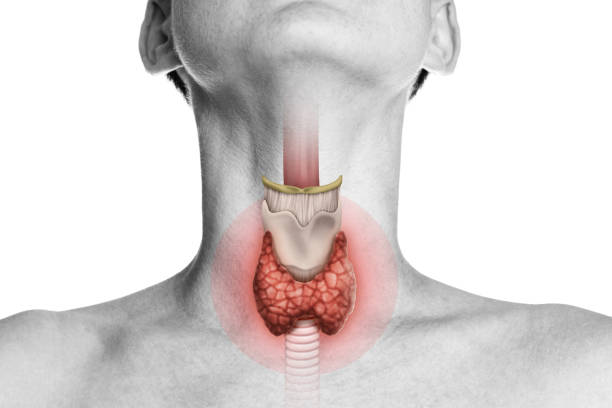Thyroidectomy in India starts from $2400. The total cost of the treatment depends on the diagnosis and facilities opted by the patient.
The thyroid gland is a butterfly-shaped organ located in your lower neck. The thyroid gland produces hormones that regulate the body system. Thyroidectomy is the surgery that involves the removal of total or a part of the thyroid gland.
Symptoms of thyroid that may need a thyroidectomy (thyroid removal)
a. Nodule or Cyst – A small growth on the thyroid gland is called nodule or a cyst that may require thyroidectomy.
b. Thyroid cancer symptoms due to cancer growth on thyroid gland
c. Thyrotoxicosis – Hyperthyroidism or overactive thyroid may cause a need for thyroidectomy.
d. Benign tumors – Non-cancerous tumors that cause symptoms require thyroidectomy.
e. Goiter – Increase in the size of the thyroid gland
Types of thyroidectomy
Thyroid removal is of two types:
Total Thyroidectomy
If the surgery involves the removal of the whole thyroid gland, then this surgery is called as total thyroidectomy. It is used to relieve symptoms of thyroid cancer.
Partial Thyroidectomy
This procedure involves the removal of part of the thyroid gland and is used to treat symptoms of thyroid.
Types of surgical procedures
1. Conventional Thyroidectomy
In this surgical procedure, the incision is made on the neck that provides direct access to the thyroid gland.
2. Endoscopic Thyroidectomy
Endoscopic thyroidectomy is a minimally invasive procedure that involves small incisions through which a video camera is inserted. The video camera guides the surgeon during the surgery.
3. Robotic Thyroidectomy
This surgery is performed by making the incisions on the chest or armpit.






